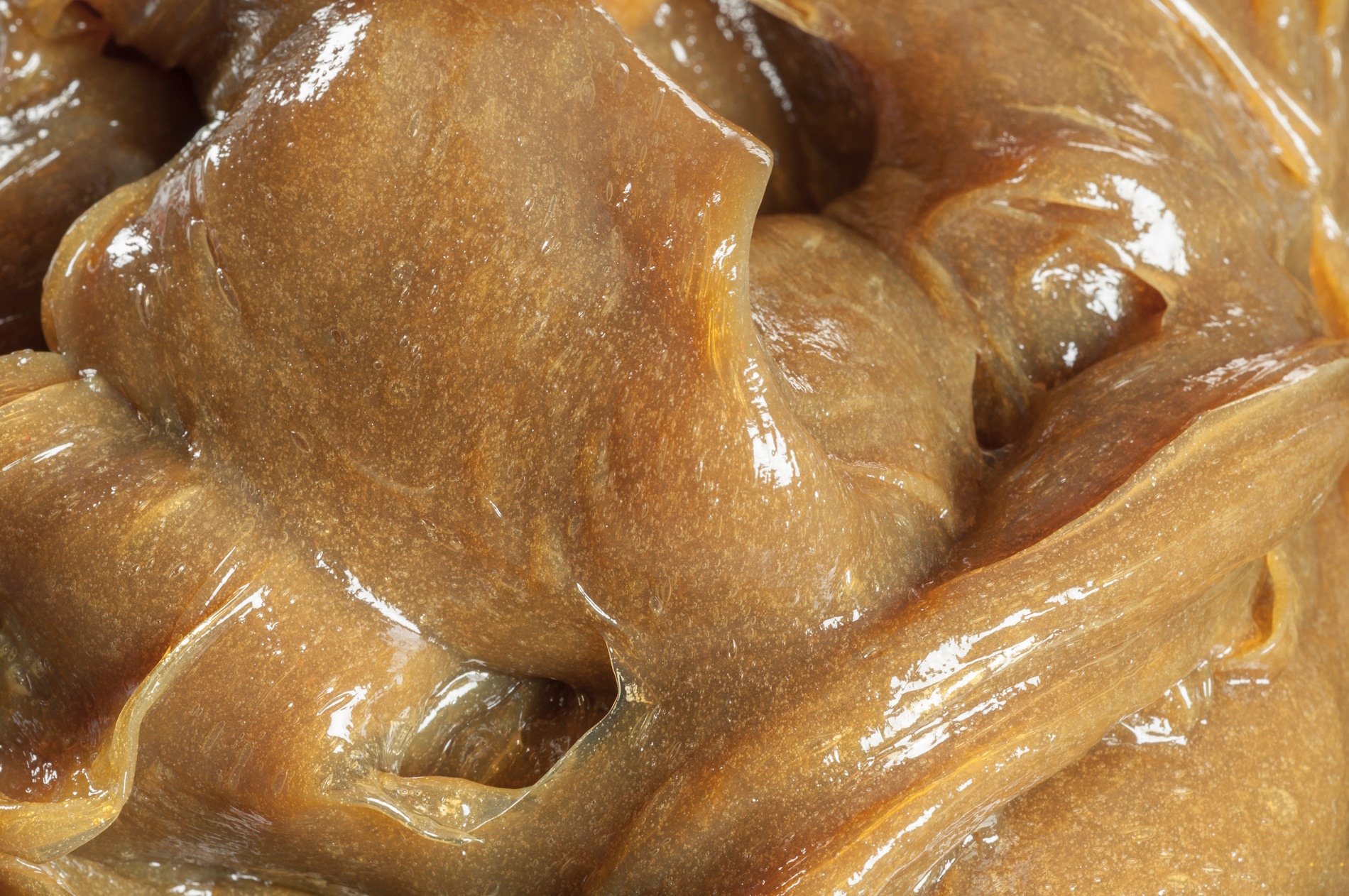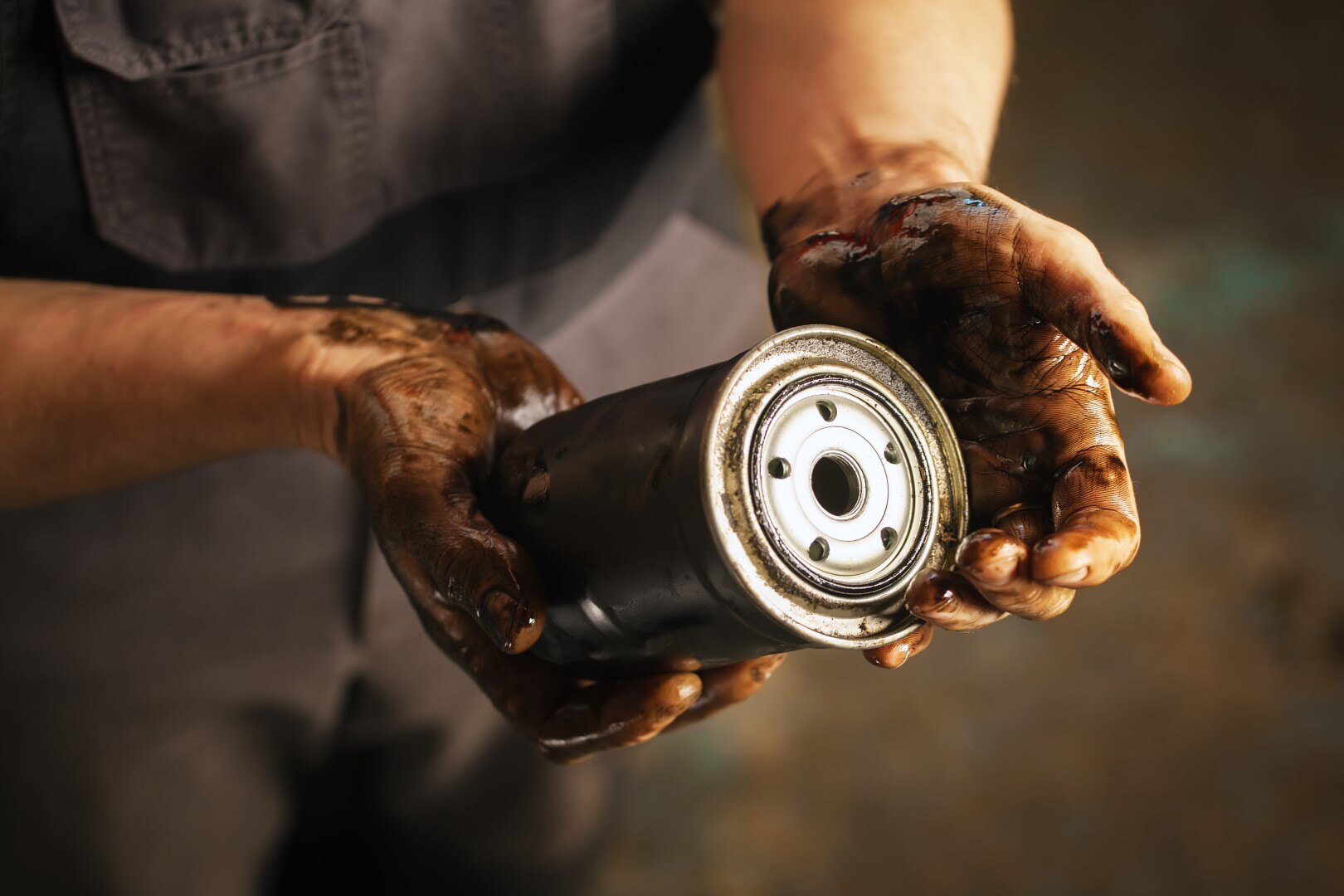More Comparisons of Multi-Purpose Grease
To select the best grease for your most important lubricating jobs, you have to know what you need the grease to do. Not in a generalized sense of...

Repacking and greasing wheel bearings are essential periodic maintenance for trailers, boats, and other rolling wheeled equipment. If not done properly, you won’t get very far before they break down. And it’s especially important to pay attention to if the wheels aren’t used very often (aren’t “rolled” often enough). Like, say, you’ve got a utility trailer that you only use a couple of times a year, so it sits for long periods. This allows condensation to form inside the trailer wheel bearing. Rust comes from condensation, scratches and scores come from rust particulates, and scratches lead to friction and accelerated bearing failure. And bearing failure means burnout and being stuck on the side of the road.
You should plan to do bearing maintenance once a year at a minimum. Whether you want to do it more often may depend on how often you see the particular equipment and how important it is. Landscaping businesses that use their equipment trailers on a daily basis will do it a lot more often.
Keep in mind that we’re talking about things like trailers, boats, and other rolling equipment. The service intervals for the bearings on your car or truck are different matters. They’re typically looked at when the vehicle has a brake job done. So, unless you do all of that auto work yourself, your mechanic will take care of that for you.
Bearing maintenance – cleaning, greasing and repacking – is not rocket science and it’s not hard for the average person to do. But it is important to do it thoroughly and do it well. Here’s what you want to pay attention to.
If you take away one thing from this, it would be that it’s really important to clean the bearings really well and get any and all particulates off all of the surfaces. Look on the internet and you’ll see many recommendations on the best cleaning methods. There’s more than one way to skin a cat here.
You wash the bearings in solvent or gasoline, then you dry them. Some people recommend blowing out the bearings to dry them and that works just fine. The thing you want to be careful of is spinning the bearings. Do this too fast and you can make them come apart. Flying bearing parts can hurt you pretty easily. So be careful there.
You always want to examine the bearings, the inner race and the cage, each time you do this process. You want to look for signs for scratching and wear on their surfaces. If you see any, you should replace the bearing unit. Skipping out on this step is not a good idea – you may end up broken down by the side of the road if you’re not careful.
Just like you should always replace your oil filter each time you change your oil, you should install a new inner seal every time you do bearing service. This is especially important if you’re working on boat bearings. The repeated exposure to the grease (and to water for a boat’s bearings) causes the inner seal to wear out over time. If it fails before you replace it, you’ll lose the grease that’s sealed inside and your bearings to seize.
Most bearing packs are greased by hand as opposed to by machine. And it’s just fine to do that. You just take some high-temp lithium grease in your hand and press the bear pack into it, rotating the pack and repeating the process until you’ve worked it all the way through. Don’t be afraid to use more grease than you think it will need. You want to pack the grease in until it oozes out the other side. If you’re unsure about this process or have never done it before, there are plenty of good videos on YouTube that will show you exactly how to do it. You should check out one of those.
We said earlier that periodic maintenance of the bearings is important. If you’re dealing with a boat trailer, it’s especially important not to neglect them. Boat trailers go into the water, so you’ve got high water exposure to consider. This means you need to consider using a bearing grease that scores well concerning water resistance or water washout. Again, this is extremely important to keep in mind if you want your boat trailer to last you through the season.
Sometimes you might encounter a situation where you can’t get the bearing pack off the spindle. Maybe it’s sticking due to high heat. You would have to use a hammer to free the pack. If you use a regular hammer, you’re more likely to chip off pieces of the bearing, which is why you should make sure your hammer is a brass one. And be sure to use eye protection if you’re going to attempt this. It’s very easy for a piece of metal to chip off and hit someplace where it can do damage to your eyesight. Eye protection will give you peace of mind there.
To select the best grease for your most important lubricating jobs, you have to know what you need the grease to do. Not in a generalized sense of...

Expensive equipment with moving parts that have the potential to generate heat and damaging wear cannot survive with a good quality grease. Not all...

People know even less about oil additives than they do about fuel additives. Maybe it's because people forget about their oil since they only think...